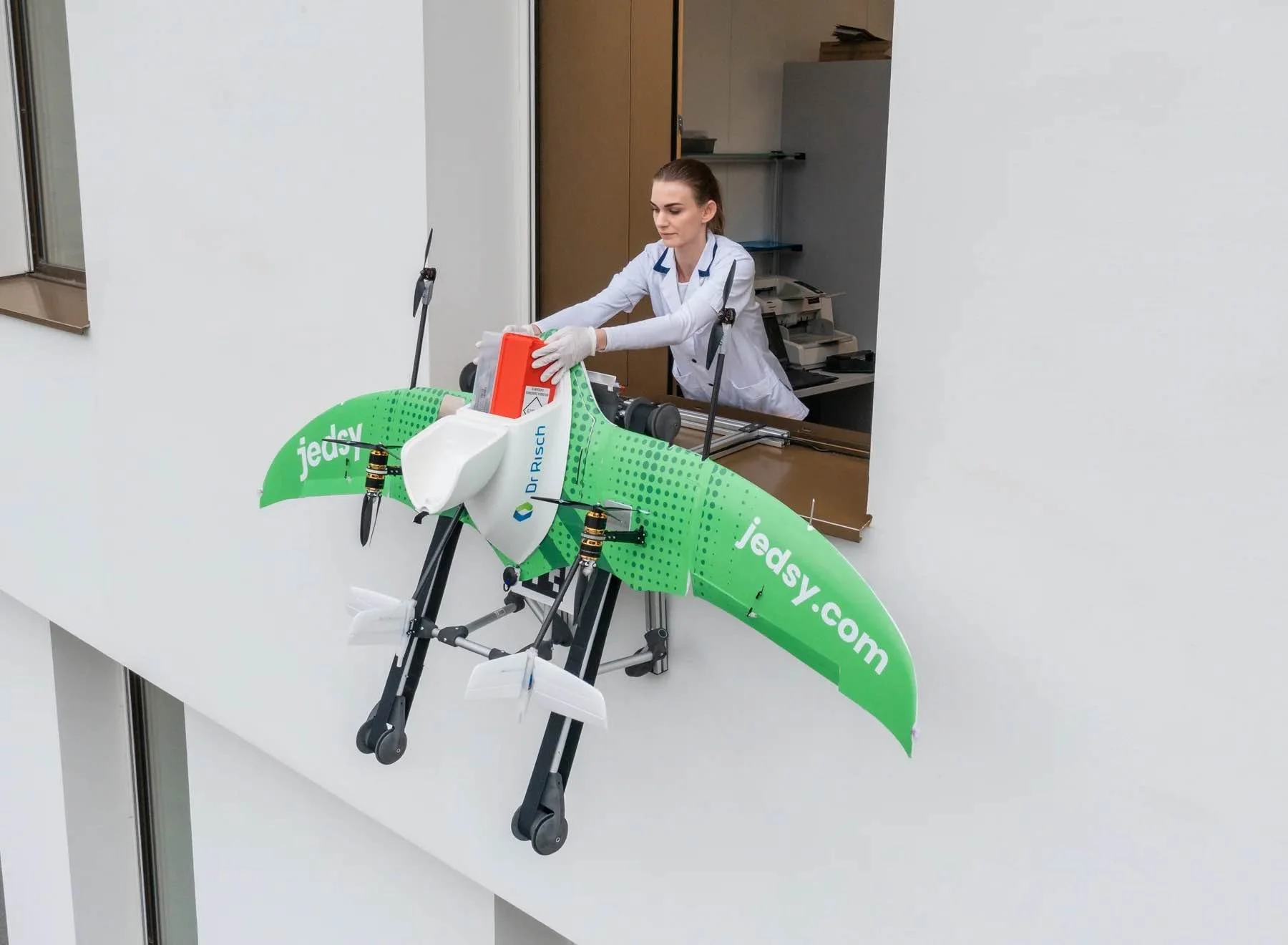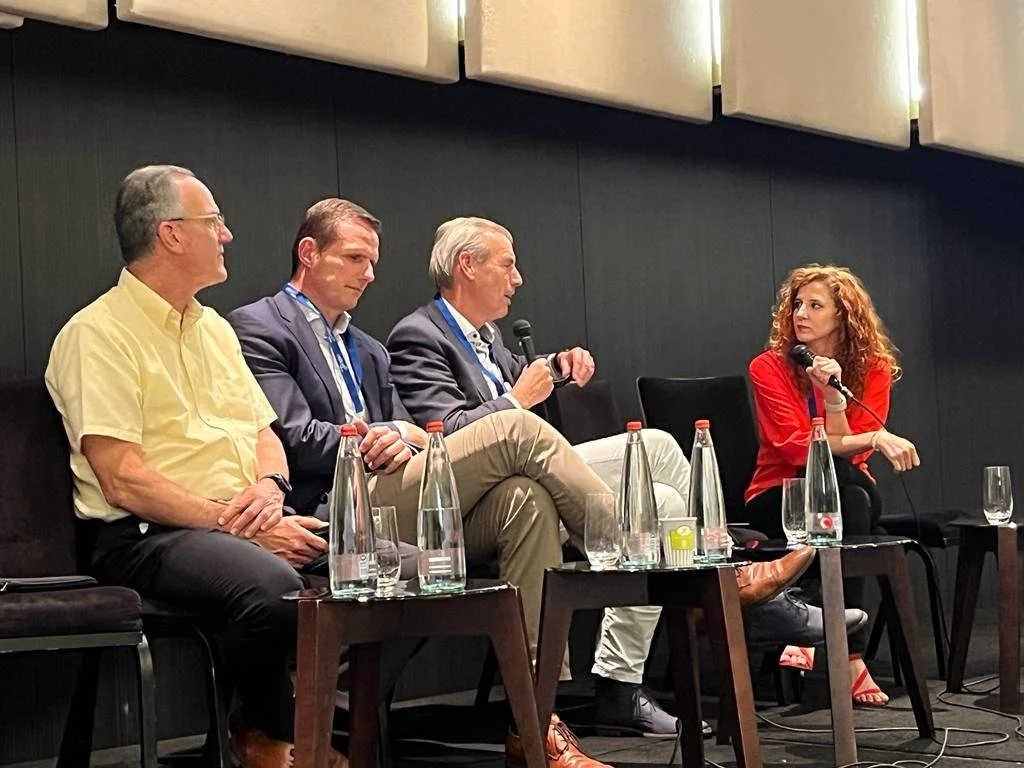The GCC countries are focused on diversifying their economies and reducing dependence on oil revenues. This has led to a strong drive for innovation and interest in developing local capabilities and infrastructure. This is opening opportunities for startups in these areas, those who are willing to commit long-term.
Read MoreKenya has a lot of talent and opportunities for innovation. Access to care is not a problem because there are plenty of community nurses present all across the country. However, they have a limited problem and mostly focus on main infectious diseases, leaving serious conditions undiagnosed, says Emilian Popa, Founder and CEO of Ilara Health.
Read MoreOne of the biggest challenges for healthcare startups in Nigeria is access to market. “In Nigeria, healthcare is fragmented, making it difficult to find distribution channels. We have to be creative and may need to look outside healthcare for distribution channels.” , says Jennie Nwokoye is the founder and CEO of Clafiya - a digital primary healthcare service that connects individuals and businesses to health practitioners to provide convenient, quality, and affordable, on-demand primary care from their mobile phones.
Read More“Disparity is the word that best describes the landscape of healthcare provision in Argentina,” says Santiago Troncar, the founder of Future Docs Latin America.
Read MorePeru is a developing market in digital health, what will drive it is the natural curiosity of clinicians, says Jhonatan Bringas, MD.
Read MoreThe Chinese healthcare market is experiencing significant momentum from government policies, industry advancements and big tech involvement. However, entering the Chinese digital health market as a foreign entity can be challenging due to strict data privacy laws and regulatory authorities.
Read MoreDocosan is a third-party marketplace that connects medical providers to patients in Vietnam. People rely on word of mouth to determine where to seek care. However, with great connectivity even in rural areas, people are tech-savvy, which prompted Lopez to think about a digital solution to address the gap between patients and quality clinicians.
Read MoreWhile the rest of the world is increasingly looking at virtual care and telemedicine for healthcare sustainability and ease of access to healthcare services, telemedicine will likely be forbidden again soon, since the pandemic has ended.
Read MoreThere are 2.6 times as many startups per 1 million people, compared to the European average in the Netherlands. The healthcare of the nation with 17.4 million people is highly digitalized, but the lack of data flow among institutions remains a challenge to be solved.
Read MoreOneLondon is a project that supports a vision of joined-up health and care. It is a pan-London collaboration between leaders from the 5 Integrated Care Systems in the capital. London’s healthcare system is complex. It covers a population of 10 million people and is connecting 35 NHS Trusts and 1385 GP practices.
Read MoreA systemic approach to care for non-communicable diseases like hypertension and diabetes is Africa is in its early stages, with the biggest challenge for patients being the price of medications, says Anne Stake, Chief Strategy and Product Officer at Medtronic Labs.
Read MoreIn Africa, the regulation for medical devices still needs to be put in place. Most medical devices are imported because there often aren’t any local capacities for larger manufacturing of devices.
Taking into account the low buying power of most healthcare providers, this results in Africa being donated second-rate medical equipment, says Herve Mwamba, South African entrepreneur, regulatory, and quality assurance consultant.
Read MorePakistan is the 5th largest population but 50% of the population doesn’t have access to primary healthcare. People have access to mobile phones, but not necessarily smartphones. What is the state of healthcare digitalization in the country?
Read MoreThe Australian Government is investing $107.2 million to modernise our health care system, to deliver Australia's Long Term National Health Plan. What do the numbers mean and what is the state of healthcare digitalization and startup opportunities in Australia?
Read MoreWhich innovations are reasonable to implement in healthcare today? And which technologies are currently not ready for prime time just yet?
Read MoreAlmost anyone asked about digital health in the UAE could use only one word to describe it: ambition. Tune into two discussions about the business and culture of digital health adoption in the Middle East.
Read More



















